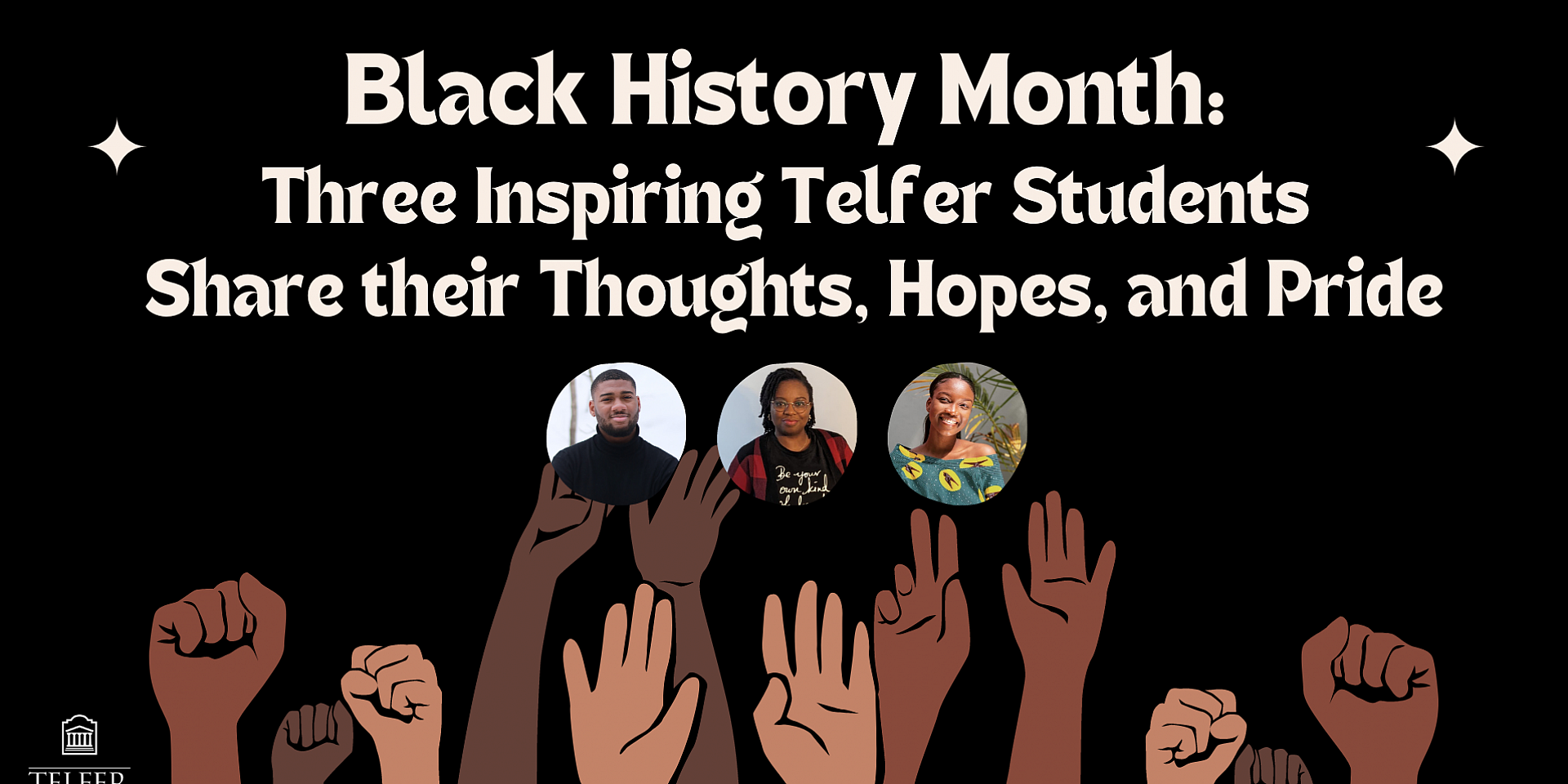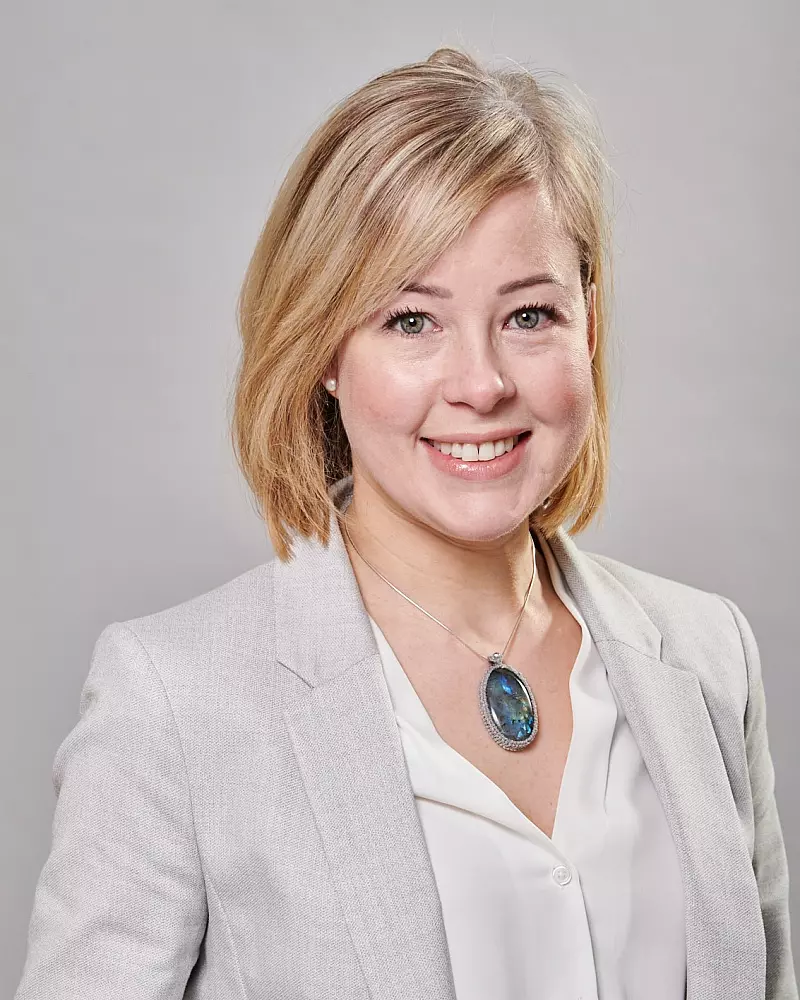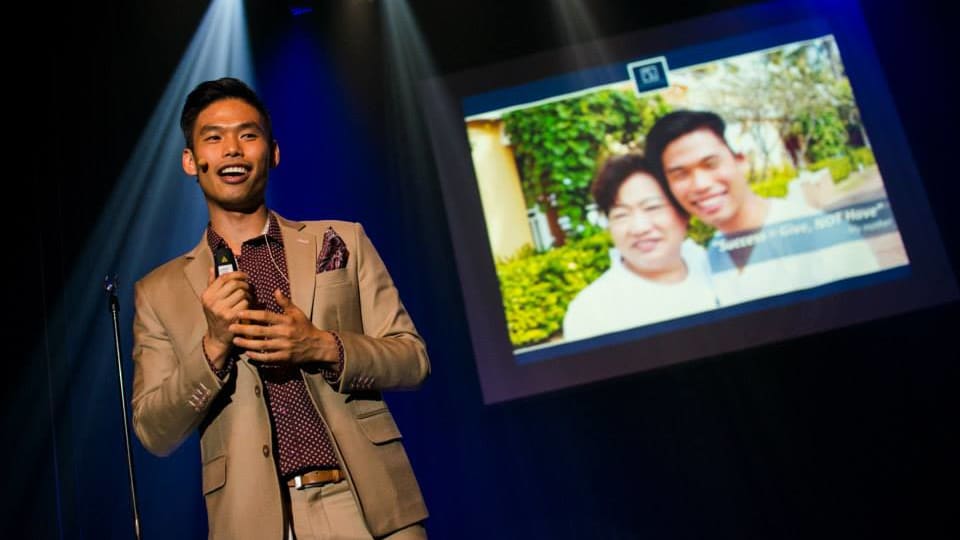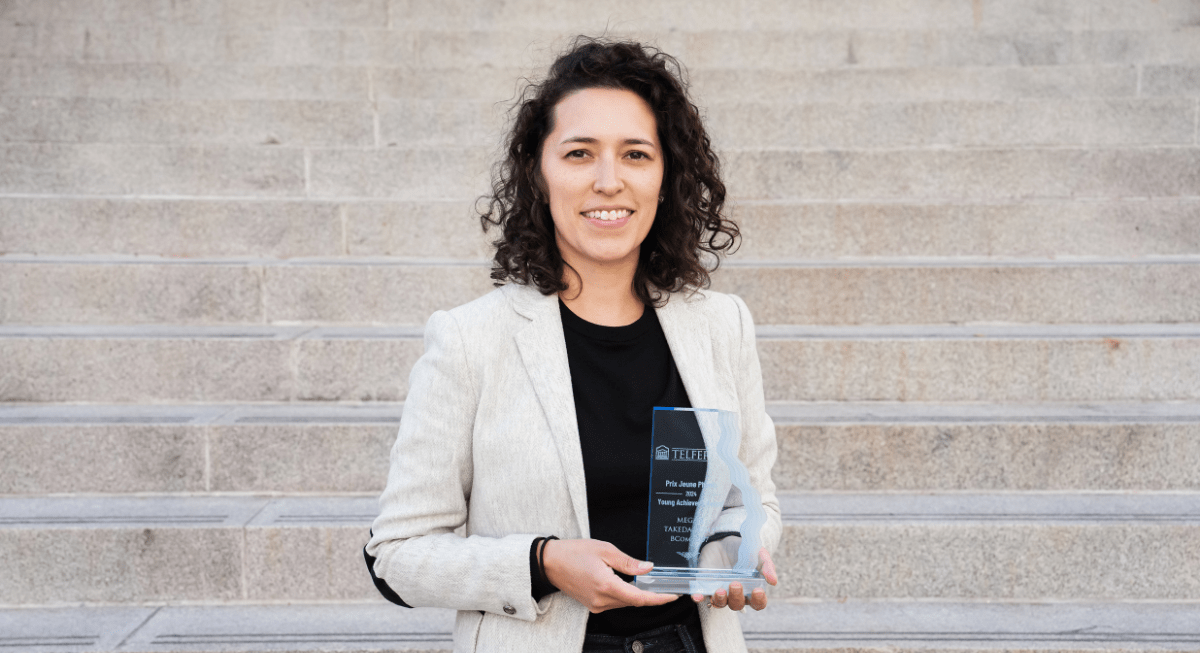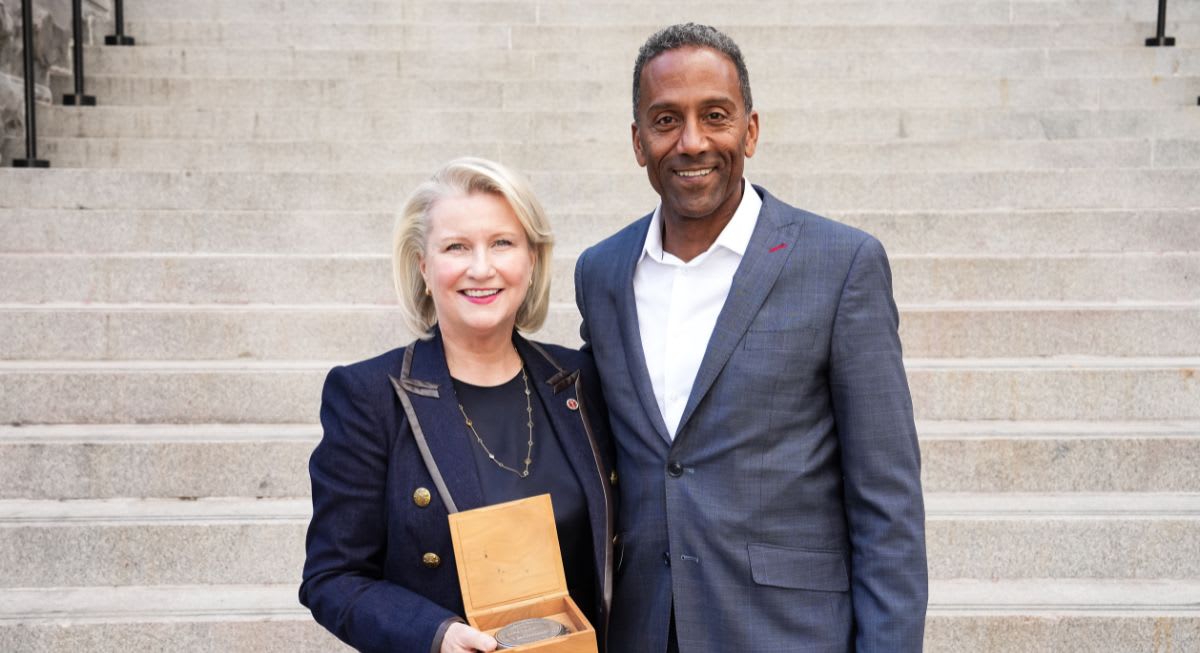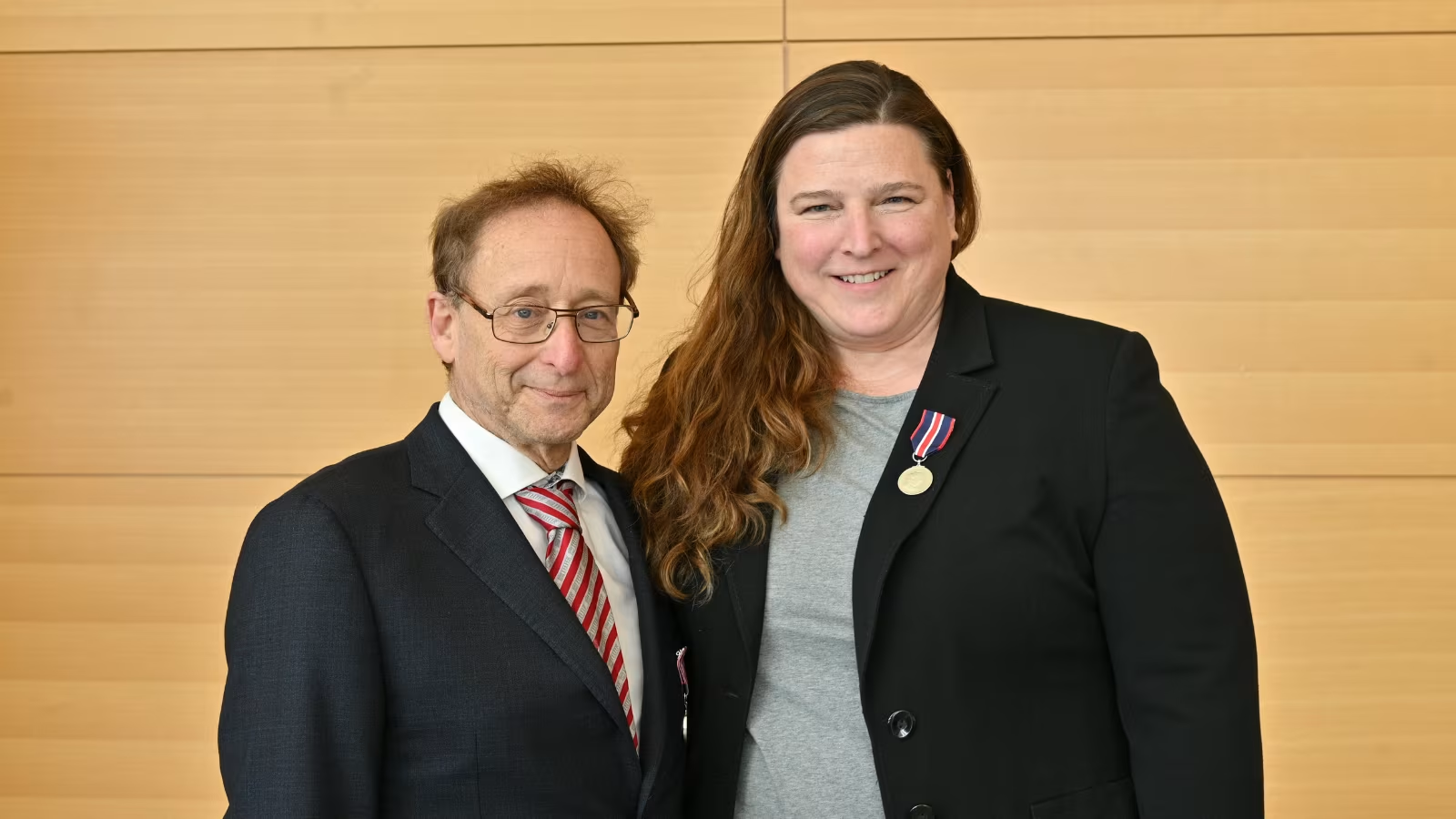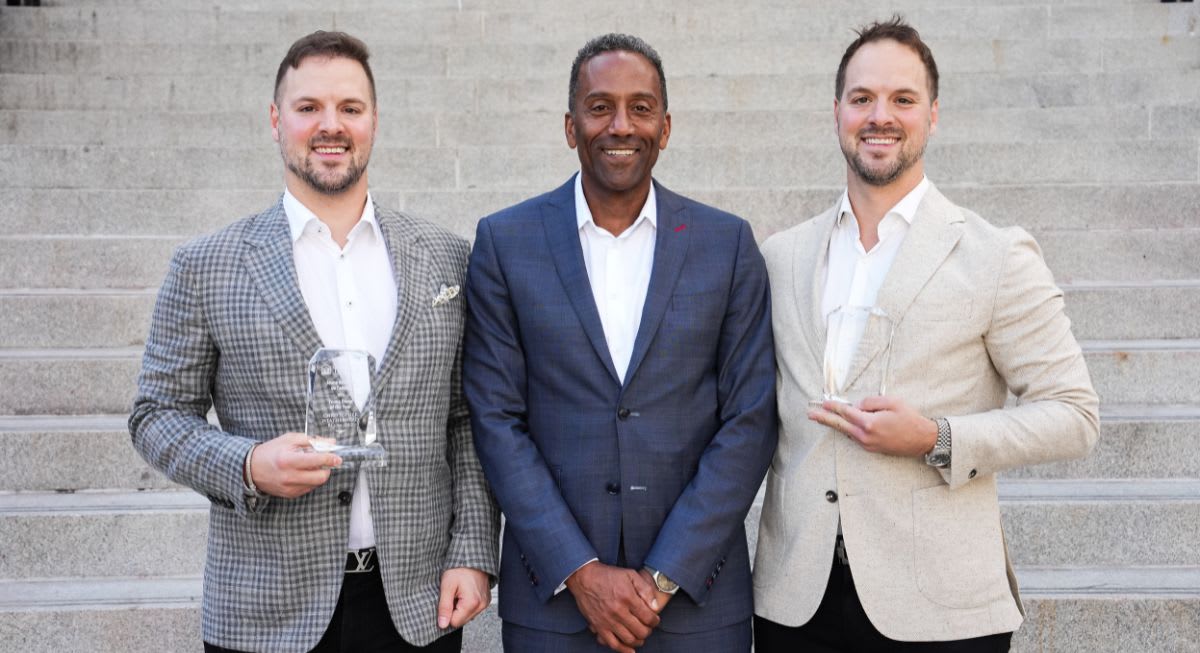Since its official recognition by the House of Commons in December 1995, following a motion introduced by the first African Canadian woman elected to Parliament, the Honourable Jean Augustine, Black History Month in Canada has grown to be more than a mere symbol.
In February 2008, Senator Donald Oliver, the first Black man appointed to the Senate, introduced the Motion to Recognize Contributions of Black Canadians and February as Black History Month. It received unanimous approval and was adopted on March 4th, 2008. The adoption of this motion completed Canada’s parliamentary position on Black History Month.
We, at the Telfer Career Centre, wanted to highlight the invaluable contributions, remarkable success, and inspiring journeys of the many Telfer students from the Black community who play a key role in shaping the future of our society as they embark on their careers. That is why this week we are introducing you to three Telfer students who, each in their own way, can guide our reflection beyond Black History Month. They generously accepted to share their thoughts, hopes, and pride with us. And to end Black History Month on a high note (no pun intended), they each offered their musical, literary and film recommendations. Let us hear what they have to say.
Yinka Fakunle: Putting Growth and Perspective in Action
As a Black person, I have realized that it takes more than just hope and wishes to change the narrative, and I have actively taken it upon myself to educate folks around me whenever the opportunity presents itself. Instead of cancelling people, how about you educate them? Instead of assuming they should know, why not guide them instead in the right direction?
Very few people have quite literally circled the globe. However, Telfer BTM student Yinka Fakunle is one of them. Born and raised in the south-west part of Nigeria, she first completed an Applied Bachelor’s Degree in Accounting at the Federal Polytechnic, in Ado-Ekiti, Nigeria, before embarking on a rich career path that would eventually take her to Lagos, the Nigerian economic hub, and then to Melbourne, Australia. With a strong background in operations support and customer relationship management – not to mention a strong interest in technology-based business solutions – Yinka decided to pursue her passion and a second university degree, this time at the Telfer School of Management in Ottawa, Canada.
Now in her second year of the Business Technology Management option at Telfer, she plays an active role on campus as Director of Finance for the Business Technology Association, and she is about to start her first CO‑OP Term with PwC in May 2022.
Q: What does Black History Month mean to you, personally, as a student and a professional from Nigeria now living, studying, and working in Canada?
A: “Back in Nigeria, it never occurred to me that I was different, as I was not part of a minority. Now that I live in Canada, I find it refreshing to celebrate Black History Month and to learn about the many Afro-descendant Canadians who have contributed to shape this country. To me, BHM is about understanding the part these Afro-Canadians have played throughout history, recognizing the struggles they have faced, and celebrating the obstacles we, as Black people, have overcome together. It is also about reflecting on what I can, as a Black person, bring to the table.”
Q: As an experienced professional and student who has lived on three different continents, I am sure you have been confronted with a myriad of challenges due to racism, but you have also gained an unparalleled degree of perspective. What are you most proud of?
A: “Through my travels and by meeting new people and experiencing various work environments around the world, it is true that my perspective has evolved over the years. As a Black person, I constantly felt I had to prove what I can bring to the table, more so than my non-Black counterparts. I had my values and potential contributions questioned by people who could not see beyond my colour. However, as a Black person, I have realized that it takes more than just hope and wishes to change the narrative, and I have actively taken it upon myself to educate folks around me whenever the opportunity presents itself. Instead of cancelling people, how about you educate them? Instead of assuming they should know, why not guide them instead in the right direction? My experiences have made me more empathetic towards others, and I go out of my way to learn about other people’s culture and see them for who they are. I have learned to listen. Over the past three years, I have been living my authentic self. I flaunt my hair proudly (even though, to this day, I still have to deal occasionally with people touching my hair without my consent or referring to Africa as a country!).”
Q: Your restraint in the face of ignorance commands respect. As a Black student can you tell us about your experience at Telfer?
A: “Due to the pandemic, I have yet to experience the real campus life and immerse myself in the Telfer community. Although I have not faced any racism yet at Telfer, I believe that as a school, as an organization and as a community, we can do and need to do better to promote inclusion. We need to be intentional in our stand against racial prejudice and commit to taking tangible actions. Beyond BHM, we are Black all year round, and racial issues do not fade away. We are still struggling to be heard, either because we remain quiet or because our voices are drowned. We need to bring more Black Telfer alumni to the forefront and build bridges between them and us, students. This is a role that I, personally, would like to play. I can be that person who shares her perspective and journey with others.”
Q: What would you like readers to reflect on, as BHM comes to an end, and in the future?
A: “Each of us can do something individually to influence our decision makers and demand that they take actions. We must go from ignorance to growth, we must recognize our own biases, and ask ourselves how we would like to be treated if we were sitting at the other side of the table. To my non-Black peers, I say: ‘Be open to listen and learn about your Black peers, be genuinely interested and ask them insightful questions, be their voice in rooms where they can’t be present to advocate for themselves.” To my Black peers, I say: ‘Be your most authentic self. Don’t apologize for your Blackness and don’t simply conform to other people’s expectation of how you are meant to show up. And lastly, learn to articulate your values and what you bring to the table.”
Yinka’s Literary Recommendations
“The novels Half of a Yellow Sun (2006) and Americanah (2013), as well as the TED Talk The Danger of a Single Story, by Nigerian author Chimamanda Ngozi Adichie, considered by many as one of the most prominent voices in modern African literature. She describes her experiences in such an unapologetic manner, and not from a place of victimhood, and she embodies her Blackness with such grace. I find her incredibly inspiring.”
Chris Eliel Yao: Pushing Oneself to Push Back Against Prejudice
“In the university environment, we could certainly do more to promote integration. As a newly arrived international student from French‑speaking African countries at Telfer, I really had to push myself, challenge myself and ‘take it upon myself’ to join student activities. At first, it is difficult and scary, and you feel like you are lagging. And I am not the only international student who feels this way, far from it. Perhaps we should rethink the initiatives in place and create focus groups of international students, especially Black students, to determine how best to make this group more comfortable from the moment they arrive on campus.”
Chris Eliel Yao is a charismatic communicator, an enthusiastic collaborator, and a hard worker. He is one of those people who spread good vibes wherever he goes. Hungry for challenges, this 4th-year Marketing and International Management student does not shy away from a busy schedule. In addition to studying full time, this young professional from Côte d’Ivoire works as an International Coach for the Telfer School of Management’s International Student Coaches Program as well as an Ambassador for the Telfer Career Centre. He is also honing his digital marketing skills with a small business that bridges the gap between Abidjan, the Ivorian economic capital, and Gatineau, Quebec.
Q: What does it mean to you to be a member of the Black community, both as a Telfer student and as a professional in the Canadian job market?
A: “For me, being a member of the Black community represents a challenge. We are the representatives of a culture that is subject to many prejudices and stereotypes. That is why we must make our community proud, to make it shine. And to do this, we must excel. There is no room for mistakes. To leave our mark, we must deliver excellence, and nothing less.”
Q: This is undoubtedly a heavy burden to carry and an undue responsibility for Black people. Has this responsibility, as unfair as it may be, brought you anything positive?
A: “I’m the kind of person who sees every challenge as an opportunity. The more difficult a task seems, the more I see it as an opportunity to reach the highest standards. I channel that pressure into delivering results. Fortunately, Ottawa is not a racist environment that makes you feel bad. I feel the pressure to perform, that is a given, but the quality of my work is recognized.”
Q: What does Black History Month mean to you? Is it a time for remembrance, celebration, denunciation, or reflection?
A: “It’s a little bit of all those things, I would say. It’s also a little pause during which all eyes are on the Black community. It is both a celebration of all the struggles our ancestors went through to defend our rights and an opportunity to speak out against the injustices that still exist. It is an honour. For one 12th of the year, we are being given a voice, we are being listened to.
Q: As an international student at Telfer, is there more we could be doing to combat racism and promote integration?
A: “In the university environment, we could certainly do more to promote integration. As a newly arrived international student from French-speaking Africa at Telfer, I really had to push myself, challenge myself and ‘take it upon myself’ to join student activities. At first, it is difficult and scary, and you feel like you are lagging. And I am not the only international student who feels this way, far from it. Perhaps we should rethink the initiatives in place and create focus groups of international students, especially Black students, to identify the best way to make this group feel more comfortable from the moment they arrive on campus.”
Q: What is your proudest professional or academic achievement?
“In addition to joining the Career Centre’s Ambassador Programme, I have become an International Coach. I am, so to speak, ‘responsible’ for the students from French-speaking Africa, of whom there are more than a hundred! I recognize myself in them and I can guide them on their journey. This makes me very proud.”
The first grandson in his family to cross the Atlantic to study in America, Chris is driven by a deep desire to succeed. This Career Centre Ambassador also is, so to speak, the ambassador of an entire family that has high hopes for him. Another heavy responsibility, but one that he admits gives him strength. “Although I constantly feel the pressure to succeed, I am aware that failure is an opportunity to grow. For anyone who knows how to get up and persevere in the face of failure, nothing is impossible!”
Chris’s Literary and Motivational Recommendations
“The poem Africa my Africa by the Franco-Senegalese author David Diop is a must read, as is the autobiographical novel The Dark Child (1954) by Guinean author Camara Laye. I also like the writings and words of Pastor Michael Todd, author of New York Times bestseller Crazy Faith, who addresses universal themes and whose words give me great strength.”
Rakina-Belle Laryea: Leading With a Smile
In the world we live today, we all have to work hard in order to succeed, regardless of our race. The difference is that as Black students, we already have this drive built within ourselves. Although we could see this added pressure to excel as an unfair burden, I choose to see it as an advantage. Because at the end of the day, if you don’t work hard, if you don’t push yourself, if you don’t buckle up and brace yourself, life will pass you by.
What struck me the most when I met with Rakina-Belle for the first time (beyond her communicative smile) is her level of confidence, drive, and poise. And when you ask her about the small company she founded when she had to return to her hometown of Accra, Ghana, due to the pandemic, you soon realize that this 3rd-year International Management student is an entrepreneur through and through. Fluently bilingual in both French and English thanks to her Ivorian and Ghanaian origins, Rakina-Belle is a shining example of what cultural diversity, combined with a generous dose of resourcefulness, talent, and grit, can produce.
After creating a niche market in Ghana for attiéké, an Ivorian cassava couscous that is as versatile as it is delicious (not to mention gluten free), and building her own packaging and distribution business, which she was able to maintain and grow in Ghana throughout the pandemic, Rakina‑Belle returned to Ottawa to take on yet another professional challenge: a CO‑OP placement as Supply Chain Coordinator at PepsiCo Foods Canada. A natural-born leader with a knack for problem solving, she immediately went above and beyond her job description and joined forces with other CO-OP students to tackle food waste up the production chain. Did I mention she was driven?
Q: What does Black History Month mean to you personally?
A: “First, BHM is a celebration of our roots and of how far we have come. Despite the many examples of institutional racism that are embedded in laws and regulatory systems and that affect housing and education, just to name those two areas, we need to take a step back to appreciate and celebrate just how far we have come due to the toils and sacrifices of our forefathers. What I got to experience as a first-year student at Telfer, that is, being surrounded by such a diverse group of classmates of all ethnicities, would not have been possible several decades ago. We need to remember that at some point in Canadian history, Black students simply did not have the same rights as non-Black ones. The opportunities I get to seize today at Telfer and the steps I get to take to build my success and my future are a legacy that my forefathers have fought for, and often paid for with their lives. That is why BHM to me is a celebration. We still have work to do, of course, but it is nevertheless a celebration.”
Q: Other Black students have spoken of the undue pressure to outperform their non-Black just to be considered on par with them. Could you share your perspective on the matter?
A: “Growing up, one of the most popular phrases I’ve heard was that as a Black person, you have to work twice as hard, if not thrice as hard. In the world we live today, we all have to work hard in order to succeed, regardless of our race. The difference is that as Black students, we already have this drive built within ourselves. Although we could see this added pressure to excel as an unfair burden, I choose to see it as an advantage. Because at the end of the day, if you don’t work hard, if you don’t push yourself, if you don’t buckle up and brace yourself, life will pass you by. The great thing is that for most of us Black students, failing to succeed in life is not even an option.”
Q: As BHM is coming to an end, is there something you would like us to reflect on, as fellow members of the Telfer community, now and in the future?
A: “I would urge everyone outside the Black community to lend a listening ear to a Black person. Listen and be attentive to the stories of your Black friends. Educate yourself and pay attention to what Black persons around you are experiencing.”
Rakina-Belle’s Recommendations
“Any work from the world-renowned producer, director, actor, screenwriter, playwright, author, songwriter, entrepreneur, and philanthropist. Tyler Perry, whose journey is simply awe-inspiring. He has built his career from the ground up, becoming one of the most prominent figures in today’s American cultural landscape. And of course, the remarkable autobiographical series Self Made: Inspired by the Life of Madam C.J. Walker (2020). An African American entrepreneur, philanthropist, and political and social activist, C.J. Walker is recorded as the first female self-made millionaire in America.”
In an ongoing effort, EDI initiatives are something that we take seriously at the Telfer School of Management. The School has an EDI committee that looks at ways to improve the experience at Telfer for students, staff and faculty; new courses are being introduced that focus on diversity and inclusion; an EDI Case Competition at the Graduate level; as well as researchers who are focused on tackling the complexities of EDI. This is a complex issue must be addressed over time and we welcome student voices who want to help us tackle EDI together.
